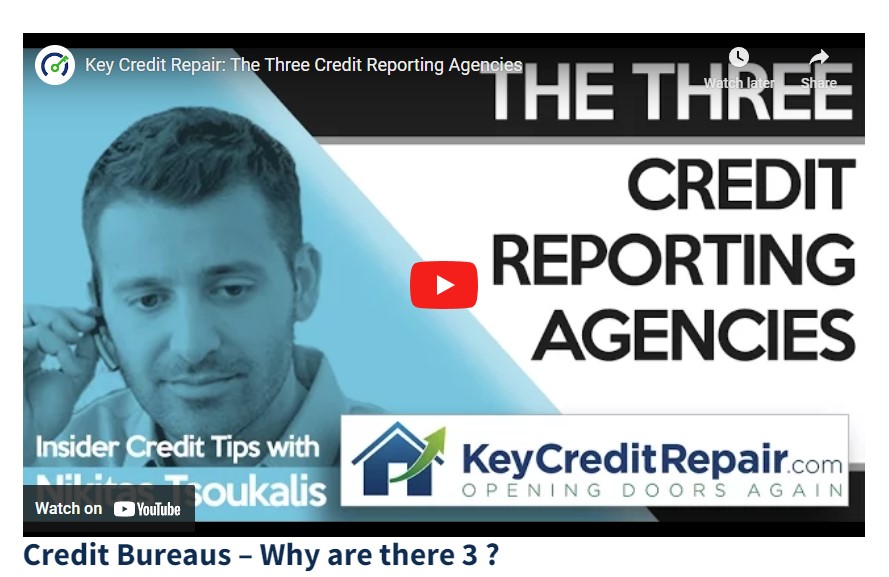Credit Repair 2016!! – Credit Resolutions

Yes, a poor credit score can cost you in higher interest rates – if you even get approved for a loan or mortgage at all. In turn, you can end up paying hundreds, thousands, perhaps even tens of thousands of dollars more over the lifetime of a loan than you would if your score was good.
So if you haven’t already put an emphasis on getting – and maintaining – a good or exceptional credit score, why not start now? Here’s a look at some resolutions to help you in 2016:
Check Your Report
Get into the habit of checking your report at least once per year. Why? Because it’s estimated that some 42 million Americans have some sort of inaccuracy on their report. Get the report, look it over and take the necessary steps to dispute any errors on it.
Lower Your Debt-to-Credit Ratio
Say you have one credit card with a $10,000 limit and you’ve racked up $5,000 on it. Your debt-to-credit ratio is at 50 percent – and it’s likely costing you with a higher score. Generally speaking, the higher your debt-to-credit ratio is, the lower your score – and vice versa. For a better credit score, simply work to keep this ratio at or below 30 percent.
Think Twice Before Closing Accounts
Many people think that paying off – and closing accounts – will help their credit score. That’s not necessarily true. While paying off accounts will help your score, keep in mind that the credit bureaus take credit history into consideration as far as your score goes – so it’s important to have it on your record. Closing accounts can actually impact this part of the score. It can also impact the aforementioned debt-to-credit ratio. So instead of focusing on closing accounts, focus more on paying them down – start with the high interest accounts first.
Simplify Things
Pay all of your bills on time. Keep your balances low. Don’t get carried away with applying for new credit.
Simple enough, right? So do it! Set calendar reminders or automatic payments to ensure your bills are being paid in full and on time. Keep your debt-to-credit ratio in check and only apply for credit when you actually need it – not just to get 20 percent off on in-store purchases or for some other promotional offer. Keep it simple and your score will rise to a point where you’ll likely be happy.







